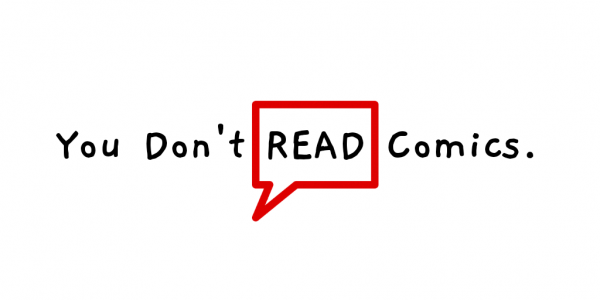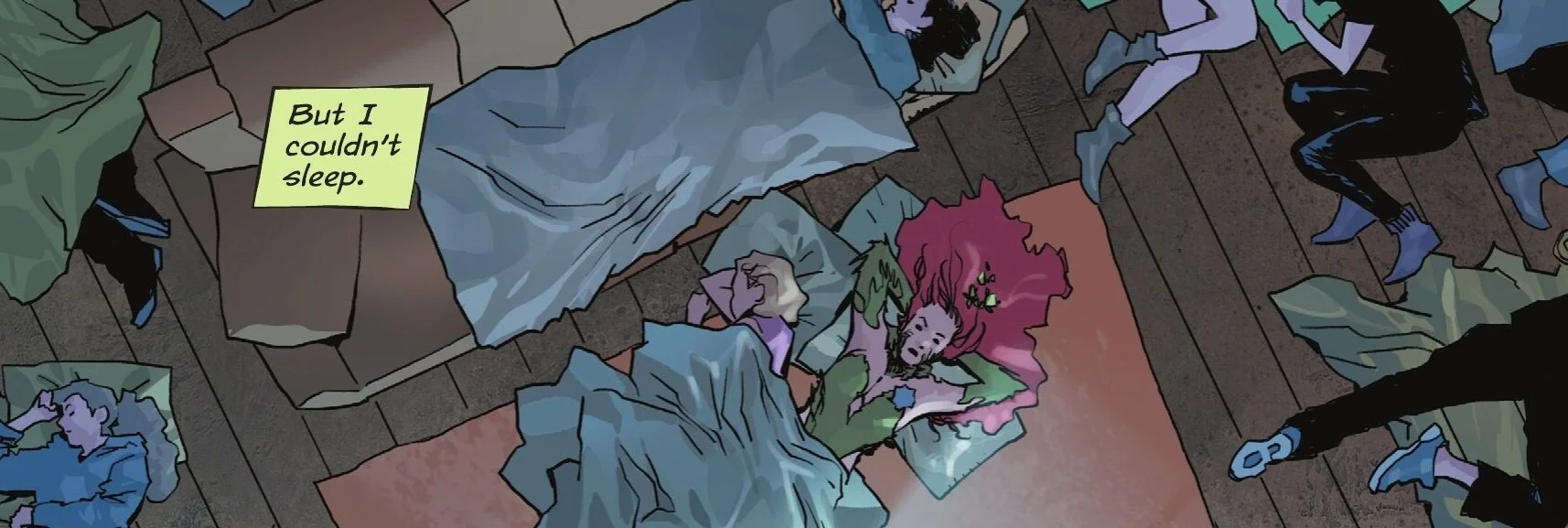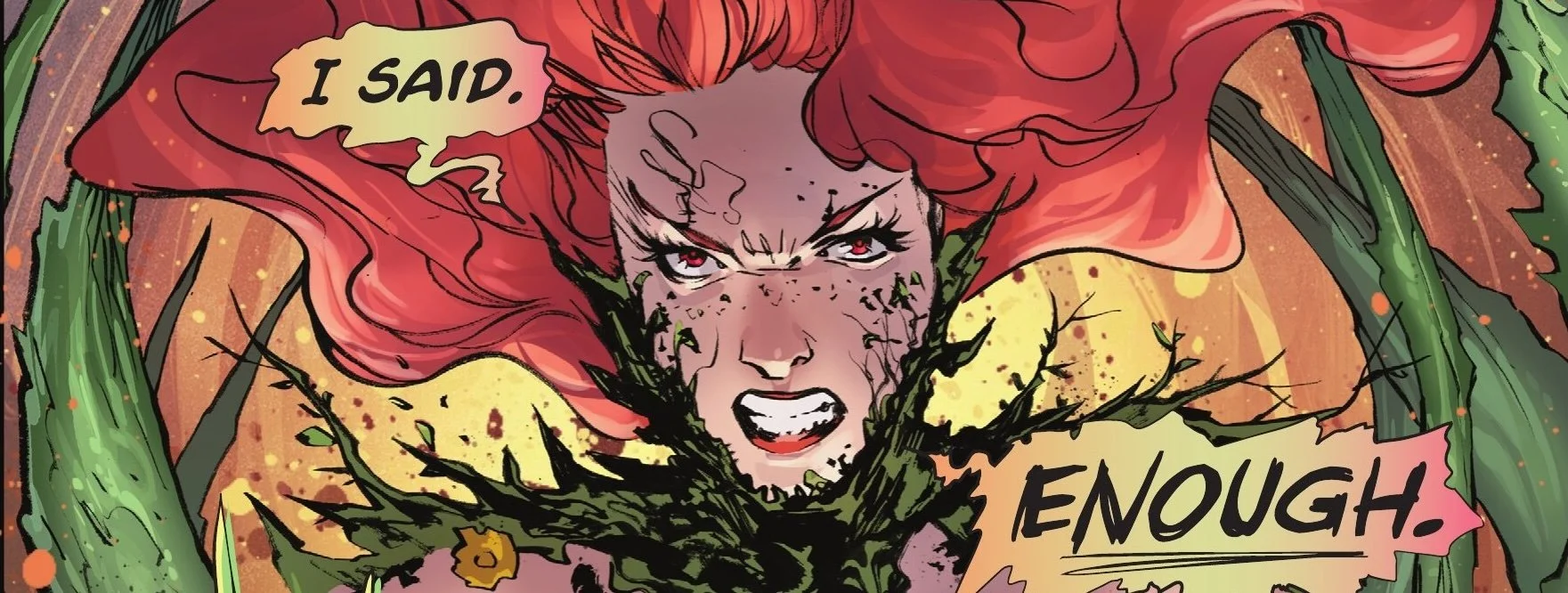Poison Ivy #35 // Review
Pam feels like a monster. She’s in over her head on so many levels that she needs to consult with a specialist. So she’s going to see a therapist. She doesn’t have one, but she knows where to find one: Gotham City. Throatcutter Hill. The therapist she’s going to see is psychotic. Worse: she’s an ex-girlfriend of Pam’s. Big decisions have to be made in Poison Ivy #35. Writer G. Willow Wilson continues one of the most reliably brilliant titles on the comic book rack today in another issue brought to page and panel by artist Marcio Takara and colorist Arif Prianto.
The thing is: Pam doesn’t even necessarily remember that Harley is a therapist. And so she IS actually going to give Pam really good advice. It’s just not the advice she’s looking for. It’s going to mean apologizing to someone who has wronged her in the most insidious way imaginable. When things get ugly, she’s going to have to accept that she’s not in control. And maybe in order to do what she needs to do, she’s going to need to become an even bigger monster that she had been before she started trying to truly make a difference.
Wilson is working with moral ambiguity on a level of complexity that is rarely found anywhere. Contemporary account books try to reach this level of complexity and always fall at least a little short. It's really cool that Wilson is able to work with this character. She's been working with for years now and work with her in a way that shows that things never really resolve. There's never really a happy ending. That has always been a big part of long running superhero narratives. It's never really been tackled in a way that has been as coherent as what Wilson is putting to the page here. It's absolutely genius.
Things have gotten profoundly dark in Ivy’s orbit. Takara renders that darkness with a very clever sense of poise, balance and nuance. There isn’t a whole lot of overtly aggressive actino in the issue, but Takara has his hands full delivering a wide range of different physical and emotional states including various different kinds of sickness, love, anger and a whole lot else. Takara delivers a breathtaking range of different dramatic states in a powerful emotional package that feels suitably impressive from beginning to end. Prianto delivers depth and mood with an exquisitely deft hand in rendering color for the page.
The series reaches the end of its third year next month...and more or less with the same creative team throughout, which is quite an accomplishment in any era of comic books. Wilson and company have maintained an impressive continuity through the entire run of the series which gives a profound sense of emotional development to Ivy and her whole extended ensemble. Once again, Wilson shows why Poison Ivy continues to be one of the better comic books to emerge in the past ten years.










